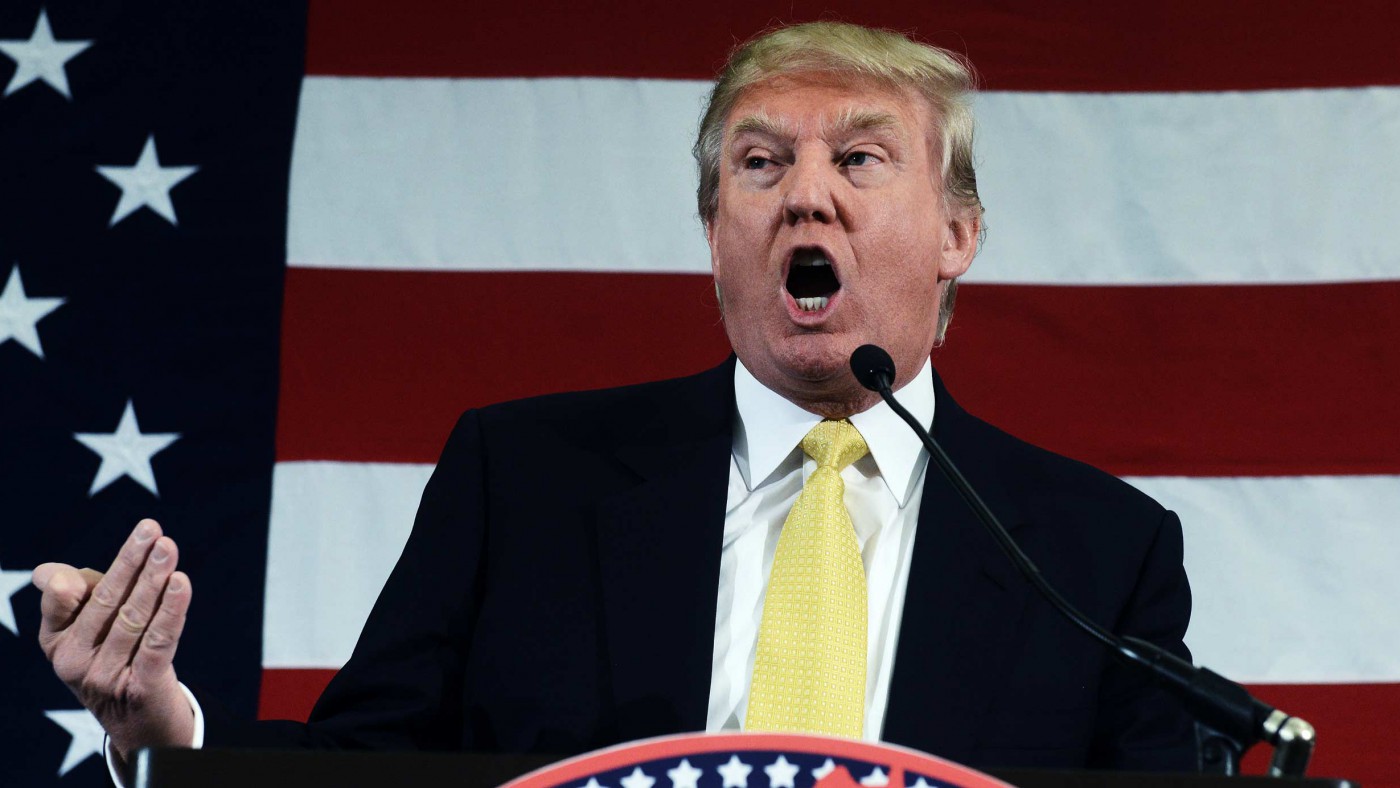The rise of Donald Trump in the US and Jeremy Corbyn in the UK has been fodder for equal parts hand-wringing and glee among commentators. One has no hope of winning either his party’s leadership or a national election. The other has every chance of the former but zero chance of the latter – which, for the rest of his party, makes it even worse.
The fact that the Republicans and Labour provide such a happy home for, respectively, an Obama-birther immigration-phobe with preposterous hair and what Boris Johnson calls a “ban-the-bomb, eat-the-rich throwback to the 1970s” is the product of something much broader: the death of the political party as a mass, mainstream movement.
The root cause is simple: there has, over the past 50 years, been a collapse in party identification, and membership. In the US, the number of people identifying as Democrats and Republicans has shrunk inexorably. In Britain, Labour’s non-union membership is now pitifully small. The Conservatives’ grass roots are so withered that, at the recent election, they resorted to bussing around student activists – “Team 2015” – to make up the numbers. As Paul Abbott pointed out in an excellent piece for ConservativeHome, the party hasn’t even got a decent idea of who its few remaining members actually are.
The problem is not confined to the UK and the US, either. Across Europe, party membership is down to 4% of the population. In Australia, there are probably more organ donors in Tasmania than there are members of the ruling Liberal Party nationwide. And parties are not just shrinking, but ageing. In Germany, fewer than one in 10 members of the SPD are under 35, compared with a third 30 years ago.
So why are people leaving political parties in such numbers? To say that people don’t have time, or are more selfish and individualistic, isn’t enough. In 2011, Henry Hemming, author of Together, surveyed a host of clubs and associations and found that only 8 per cent had seen membership fall over a decade – indeed, the numbers involved in some kind of collective activity were growing more quickly than the population, as people used email to arrange real-life get-togethers. In Germany, 40 per cent of the population do some kind of political or social work.
What is happening is that, like everything else, politics is moving from a mass issue to a niche one. With infinite cultural and associational options open to us, especially via the internet, we gravitate towards those we are most passionate about. The result is a world where we no longer all listen to the same music, or watch the same shows; instead, those that succeed are those that attract a passionate fanbase.
In Britain, for example, being a member of a party is a miserable and thankless endeavour: upon signing up, you are immediately asked a) to give more money, b) to devote your free time to handing out leaflets in the cold and damp. The kind of person willing to stick with it will be animated not just by civic duty, but by passion and/or prejudice. And they will prefer candidates who share the same sentiments – such as Corbyn, Trump, Alex Salmond, Bernie Saunders.
The result is a vicious circle: parties speak to themselves, rather than the nation, making it harder for them to attract moderate voters, driving them further to the extremes (and, given the shrinkage in membership dues, making them more easily influenced by monied interests). For example, Labour’s membership base has shrunk to the point where, rather than being “the political wing of the British people” (as Tony Blair optimistically claimed), it increasingly resembles the political wing of the Stop the War Coalition.
So is there a way to save the political party as a national, rather than sectional or regional, movement? Christopher Shale, David Cameron’s constituency chairman, suggested linking Tory membership to exclusive rewards, such as tours of party members’ stately homes. At around the same time, Ed Miliband’s own guru, Lord Glasman, suggested giving local activists and community groups a bigger say – making Labour a network of activists rather than a monolithic, top-down body.
But is there be a way to combine these approaches? Instead of trying to deny that they are messy, pluralistic coalitions, why don’t the parties lean into it?
Imagine if, when you sign up to a British political party, you identify yourself as a pro-environment, anti-fox-hunting, pro-tax Tory living in Rochester with a particular interest in defence, culture and planning policy. You would then be offered membership not just of the local and national party, but of the various tribes within it that matched your interests and positions – offered deals and invitations, made part of a niche community of members and elected representatives who shared your particular passion or position.
Such a party would be explicitly a coalition of interest groups – of fandoms, if you like. And each of these would look out rather than in, for example putting on joint events or offering shared memberships with other groups (such as the National Trust, TaxPayers’ Alliance or even the One Direction fanclub).
I’m not pretending it’s a perfect solution. There would still be a huge job for the central leadership in terms of arbitrating between competing factions – and between their stridently expressed views and those of the wider electorate. But it would go with the grain of our lives rather than, as at present, cutting against it. Parties would, in the digital jargon, be platforms as much as publishers – places that provided a comfortable space for a wide variety of niche interests. The alternative is for them to remain as niches of their own, and increasingly narrow ones at that.


